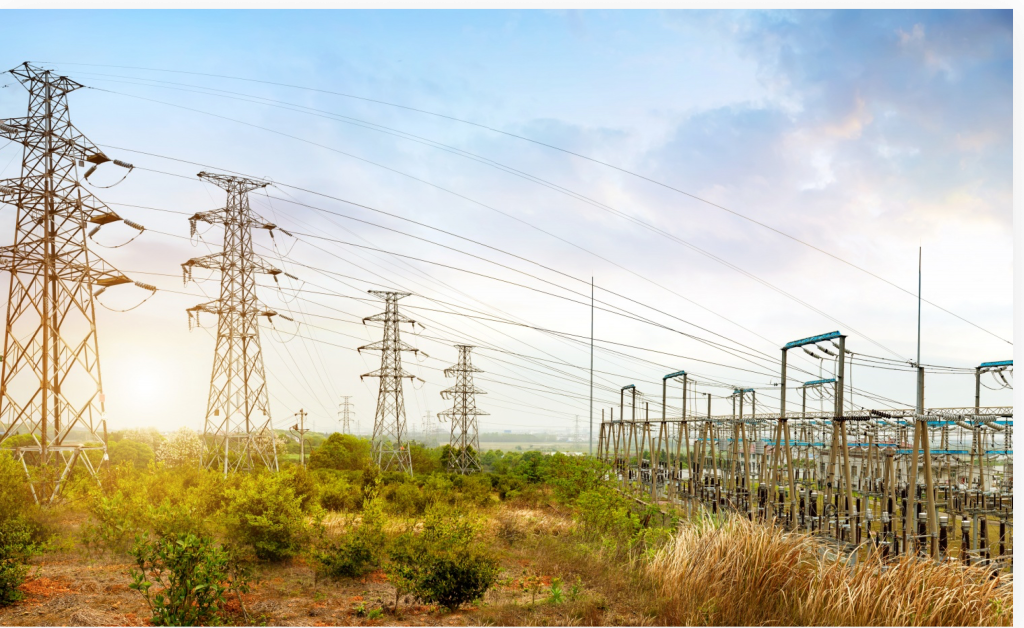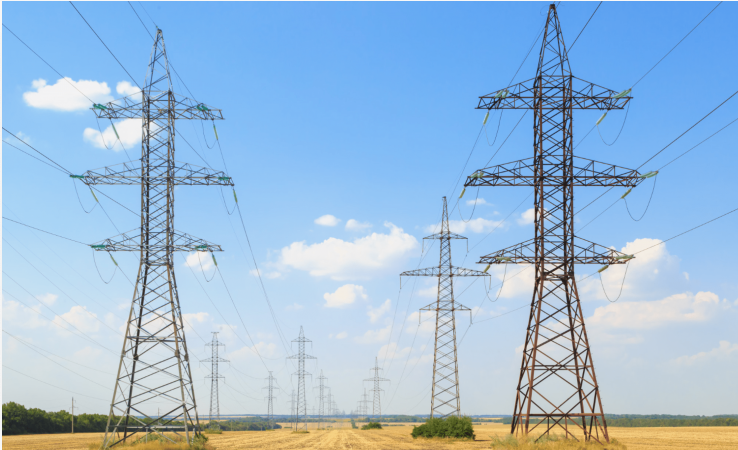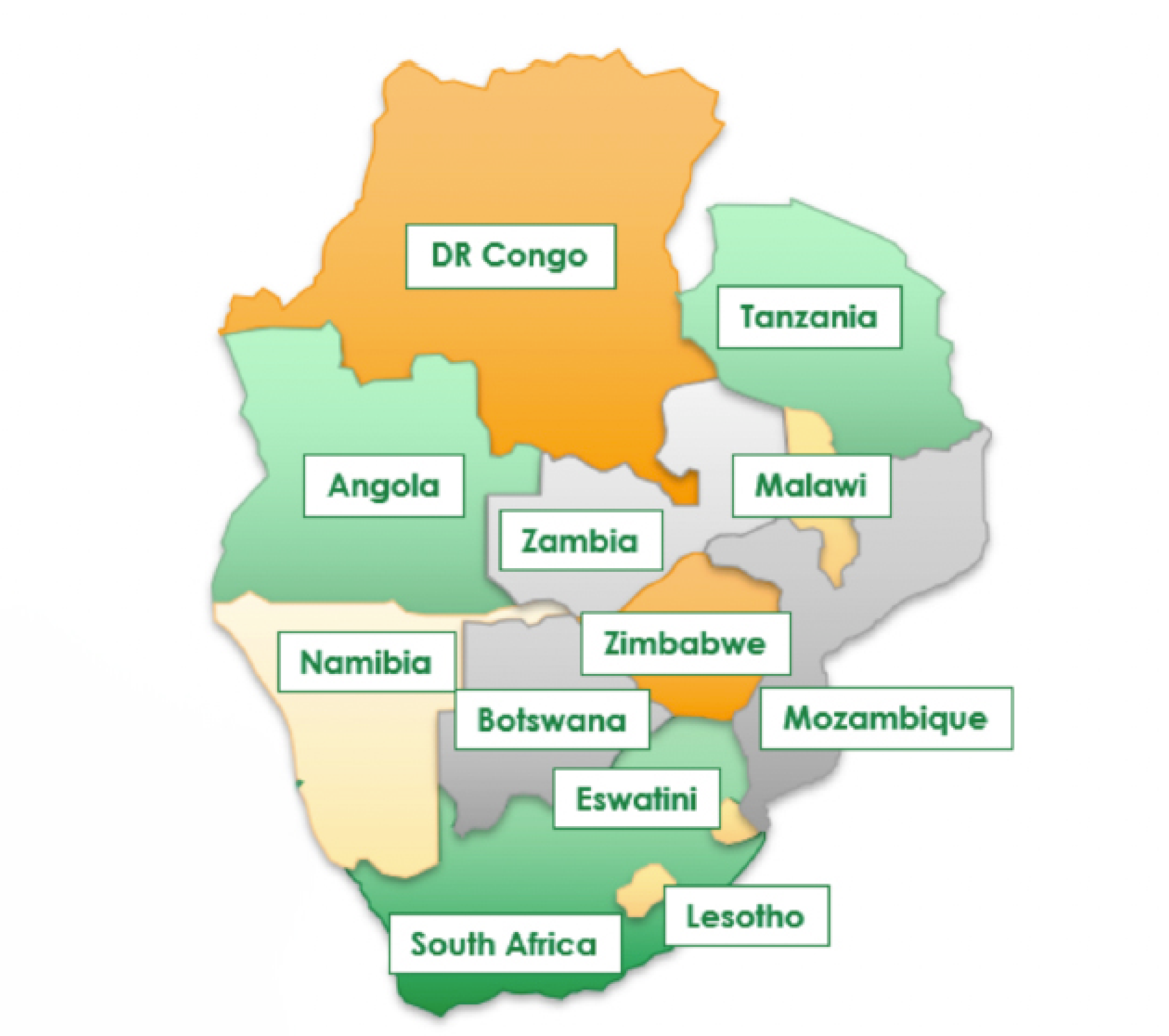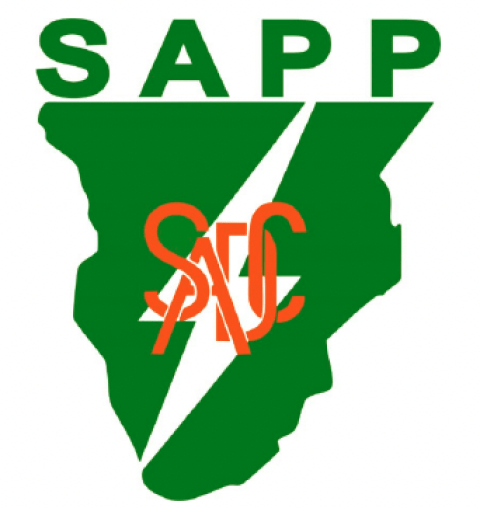International Trader
Executive
Summary
International Trader (IT) Business Operating Unit is mandated by Transmission Division of Eskom which was approved by the Executive Committee (Exco) and the Board of Directors tasked with the objective to pursue the development and execution of business opportunities in the Southern African Development Community (SADC) region by increasing electricity imports and exports; trading energy internationally; securing cross-border strategic resources; supporting regional development and regional skills capacity building

Business Overview
International Trader (IT) Business Operating Unit is mandated by Transmission Division of Eskom which was approved by the Executive Committee (Exco) and the Board of Directors tasked with the objective to pursue the development and execution of business opportunities in the Southern African Development Community (SADC) region by increasing electricity imports and exports; trading energy internationally; securing cross-border strategic resources; supporting regional development and regional skills capacity building.
International Trader Statement of Purpose
Eskom is licensed to perform cross border trading and international trader is a unit that is mandated to carry out cross boarder trading on behalf of the Organisation. Furthermore, the unit represents the organisation in and participates in all the required activities in the Southern African Power Pool (SAPP). South Africa’s prospects for economic growth are inextricably linked to regional integration. Africa, and Southern Africa in particular are natural markets for South Africa’s goods and services because of their proximity and cultural similarities. From an (Eskom) NTCSA perspective, regional integration provides opportunities to both import and export electricity and (Eskom) NTCSA has been perfoming both in almost equal measure since the inception of SAPP.
As a member of the SAPP, (eskom) NTCSA enjoys the following benefits:

Access to the SAPP competitive

Participation in various SAPP committees including centre Board, the SAPP Manco, and the SAPP Exco.

Access to matually provided services such as wheeling, incremental loss compensation, imbalance accounting, etc…

Access to the SAPP electricity grid

Acces to funding from bodies like the Europrean Union, World Bank and so on, which are eager to participate in regional Power pools’ projects and to fund capacity-building opportunities for SAPP members

Future access to other adjacet power pools once the SAPP is integrated for example the East African Power(EAPP)

Opportunity for skills transfer by cooperating with other members. Eskom offers assistance in the SAPP through training programs such as contributing to the technical competence on our SAPP and Continental partners
Furthermore, NTCSA facilitates and executes all the key aspects of hosting study tour visits from officials in the SADC and African Union regions. The purpose of these study tour visits is for our international stakeholders including counterparts to learn action learning experience, gain exposure and see international best practices in both Eskom’s technical and non-technical business operating areas.
International Trader
Key Responsibilities & Activities
The following key responsibilities and activities are:
IT’s operational objectives over the planning period are:
- To maintain and increase profitable electricity exports over the medium term to neighbouring countries via bilateral contracts and Southern African Power Pool competitive markets
- To support the Department of Mineral Resources and Energy’s (DMRE) and Department of Electricity (DOE) regional import strategies and regional cooperation efforts
- To maximize electricity imports from the SADC region via bilateral contracts and Southern African Power Pool competitive markets
- Trading Interface with other Eskom entities and networks e.g., Generation, Market Operator, System Operator, and the networks
- To facilitate the development of transmission routes
- To participate in Regional Projects specifically in the SADC Region
- Facilitates Regional development and skills capacity building for regional counterparties
- Represent Eskom in the Southern African Power Pool (SAPP)

International Trader
Key Challenges
The following are the current challenges International Trader is faced with:
- Availability of sufficient (Eskom) generation capacity to export to our neighbouring countries
– At this point in time (Eskom) is only willing to supply firm contracts.
There have been a number requests to curtail load on average up to 20%.
- (Eskom’s) electricity tariffs are not cost reflective.
- NTCSA Infrastructure in the region is not adequate.
– Limited transmission transfer capacities in the region to support Eskom’s trading drive.
- Trading partner’s appetite and ability to fund imports from (Eskom).
– The total demand for electricity is low because of the economic size of the neighbouring countries.
– Highly competitive space: size of cake and limiting growth potential.
– IT exports power into countries whose objectives and policies are to be self-sufficient. This makes IT primarily supplier of last resort – demands is because of emergencies or planning failures.
– Trading partner are price sensitive.


Business Development
- To facilitate the development of interconnectors and to improve access to the South African Power Pool (SAPP) interconnected grid.
Trading Accounts
- To optimize the Eskom international Trader bottom line through execution of the negotiation, pricing and development of new accounts and management of energy sales.
Budgets & Settlements
- To manage annual and long term budgets for both international and transfer pricing transactions, enabling calculation of National Energy Regulator of South Africa (NERSA) tariff increases, internal transfer rates, Trader profitability and capacity required.
Regional Interface Management
- To manage and to coordinate Eskom’s strategic activities in the SAPP, Southern African Development Community (SADC) region/Regional Electricity Regulators association of Southern Africa (RERA) and New Partnership for Africa’s Development (NEPAD).
Business Enablement
To ensure that the business is operating effectively and efficiently, through effective business processes and adequate internal controls, ensuring effective corporate governance, compliance assurance and sound financial management.
Energy Trading
Responsible for optimizing the short-term trading opportunities and Day Ahead Market (DAM).
Introduction To
Southern African Power Pool
(SAPP)


- SAPP is financed by member utility contributions electricity trading fees and development partners
- 12 Countries.
- 360 Million people.
- Installed Capacity: 72 GW.
- Peak Demand: 58 GW.
- Annual Consumption: 400TWh
Created 1995 under Southern Africa Development Community (SADC) through an Inter-Governmental Memorandum of Understanding (IGMOU)
Key Objectives:
- Cooperate and coordinate planning and operation of electric power systems.
- Facilitate electricity trading.
- Promote regional cooperation in power projects (generation and transmission).
- Increase access to electricity in a reliable and sustainable manner

SAPP Interconnected gris

